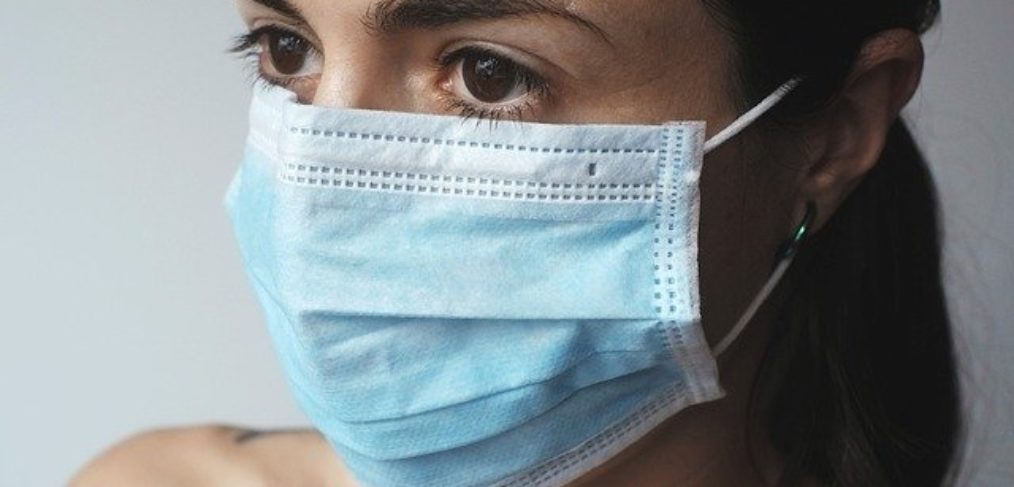
COVID-19 Considerations
Consider how resilient you are to COVID-19 or any viral infection. Whether or not you have had the SARS-COV-2 virus infect you, you need strong immune function. Regardless of whether you choose the vaccine or not, you want your body to respond well to threats. Even if you are not concerned about Post-COVID Syndrome, you want to be resilient when germs attack your body.
Consider Your Innate Immune Response to COVID-19
Your innate immune system is on the front lines for any viral battle. The key components of this system include your body’s natural barriers: your skin, and the mucous linings of your gut, lungs, and nasal passages. Even the membrane that surrounds your brain is part of this innate system.
If you have enhanced intestinal permeability (EIP), your barriers are compromised. You likely already have increased levels of the cytokine Interleukin-6 (IL-6). Therefore, you are more susceptible to the inflammation of a high viral load causing a cytokine storm. EIP is common where many food sensitivities are present and is an underlying condition of autoimmunity.
To be strong for either a vaccination or an infection of COVID-19, consider changes you can make to strengthen your body’s barriers.
Heal Barrier Function
Looking at Vitamin D as a consideration for COVID-19 immunity, sufficient levels of this vitamin DO enhance the tight junctions in our skin, gut lining, and blood-brain barrier. One of the issues with Vitamin D supplements is that individuals take high doses. Taking too much at once can deplete magnesium and Vitamin A. Always, you must strive for balance in the body. Too much of one substance compromises others.
Also, too high of levels of vitamin D can suppress immunity. So, while low Vitamin D levels threaten barrier function, too much is just as dangerous. Work with a qualified practitioner to asses your need, and don’t just supplement indiscriminately.
Also, be mindful to hydrate, manage stress, and avoid unnecessary medication to maintain your body’s barriers. Eat whole, natural foods, and skirt the refined, processed oils. Be wary of sugars and foods that increase Advanced Glycation End Products (AGEs).
Consider Minerals for COVID-19 Resiliency
It is no secret that you need zinc to heal wounds. When you are fighting any virus, the tissues in your body are “wounded.” Further, when you are under stress chronically, your body allows more copper in place of zinc on purpose so that your can fight or flee better. But you need adequate zinc to maintain your immune function. So, whether or not you have been infected or vaccinated, you may want to test your zinc sufficiency. You can ask your practitioner to check your zinc levels.
Are you feeling anemic? When you have inflammation, your body upregulates a substance called hepcidin on purpose. Hepcidin keeps you from absorbing iron well. Your body knows that iron fuels microbial growth, so it wisely prohibits high iron levels. Insufficient iron in the presence of higher hepcidin could be a clue that you already have too many cytokines on the loose. Working to get to the root of chronic inflammation empowers you to be safer when threatened with a virus.
Your practitioner will want to compare serum iron, ferritin, and hemoglobin levels to ascertain your iron status.
Restorative Sleep for Resiliency
You need to sleep to heal. Your sleep hormone, melatonin, is also a powerful antioxidant that repairs damage from a viral battle. When you find yourself on the “long-haul” recovering from a viral infection, your body may commandeer tryptophan (an amino acid) to make more macrophages (white blood cells that devour viruses). Since you need tryptophan to make melatonin, you may find you can’t sleep well. While making more macrophages promotes your survival, it does not support your healing. Thus, you enter a downward spiral that is difficult to recover from.
For the short term, you may need additional protein (and the tryptophan precursor Vitamin B6) so that you can make both macrophages and melatonin. Your practitioner can give you appropriate supplementation guidelines. But to insure your resiliency before and after an infection, make sure you don’t short-change your sleep. Less than 8 hours per night puts you into a sleep deficit. Prioritize a restful night to support your health.
